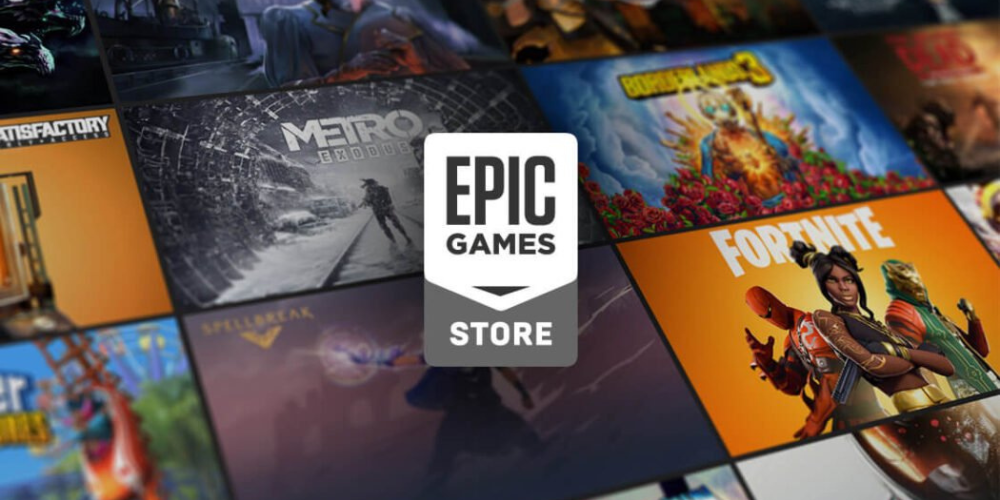The Ongoing Legal Clash Between Epic Games and Apple
- 05 Feb 2024
- 224

Epic Games, the powerhouse behind the colossal hit Fortnite, is not backing down from its legal tussle with tech juggernaut Apple Inc. The contention centers around the perceived monopolistic practices of Apple's App Store and follows a court ruling demanding Apple alter its rules to be more developer-friendly. At the heart of the issue lies Apple's strict control over in-app payments and its commission structure, which Epic Games contends stifles competition and harms developers.
The saga unfolded when a Northern California district court judge granted developers the right to direct users to external payment options. While this appeared to be a win for developers, Apple's response stirred up further controversy. Apple agreed to the change but introduced a 27% commission on these external transactions. This move, which Epic Games labeled as "malicious compliance," seems to undermine the spirit of the court's decision, leading to heightened tension between both entities.
Epic questions whether Apple's compliance genuinely aligns with the court's intention, given that developers might end up paying more overall by circumventing the in-app purchasing system. Coupled with Apple's insistent control over the approval of external links and the requirement of monthly transaction reports from developers, the compliance has been deemed unsatisfactory by Epic Games. Moreover, Apple's implementation includes a "scare screen" warning users about external transactions, adding to Epic's grievances.
Apple defends its commission structure and oversight, citing the substantial investments it makes in the iOS ecosystem. This outlook aligns with Apple's response to new regulations like the EU Digital Markets Act, which stipulates allowing third-party payments. Even there, Apple crafted a model that lowers commissions but implements a "core technology fee," ostensibly maintaining its revenue stream.
The Epic-Apple feud symbolizes a larger conversation about the control tech giants wield over digital marketplaces and the intricate dynamics of developer-platform relationships. Epic Games' determination to challenge Apple’s approach suggests the issue is about more than just percentages—it reflects a push for fair competitive practices in an industry dominated by a handful of powerful players. As this legal battle progresses, it has the potential to reshape the economic models of app distribution and to redefine what fair competition looks like in the world of digital commerce. The tech community and developers around the globe will undoubtedly be watching this clash intently, understanding that its outcomes could signal significant changes in how apps reach consumers and how creators sustain their businesses.